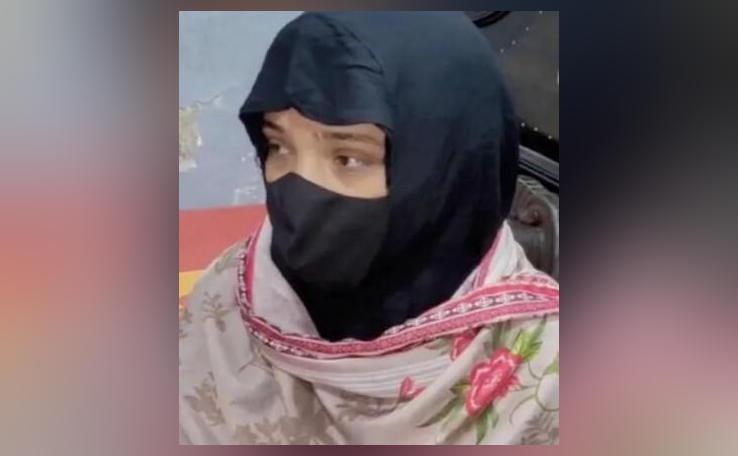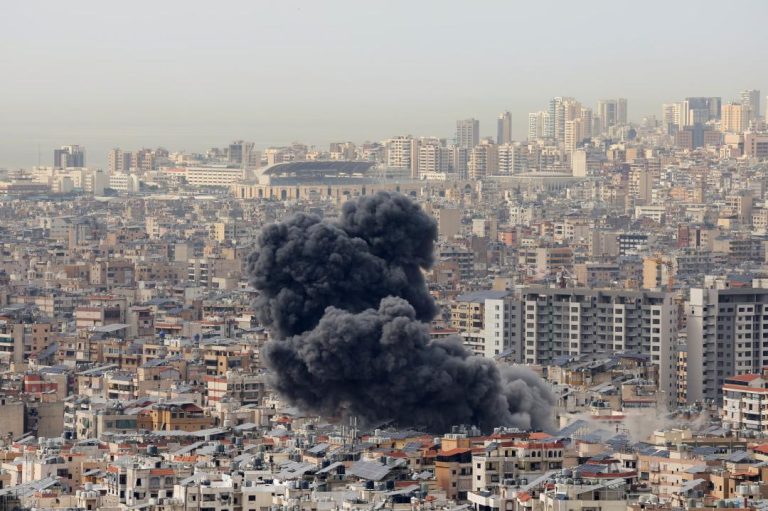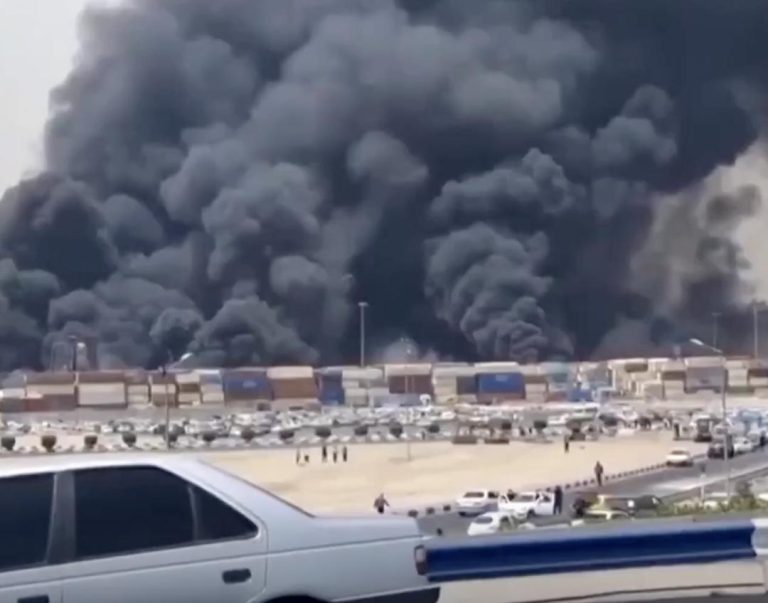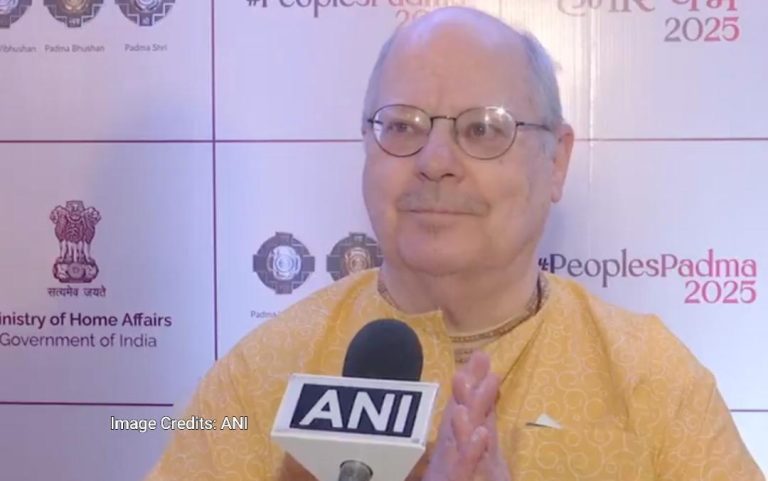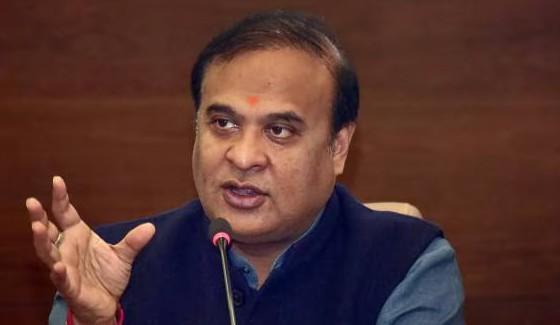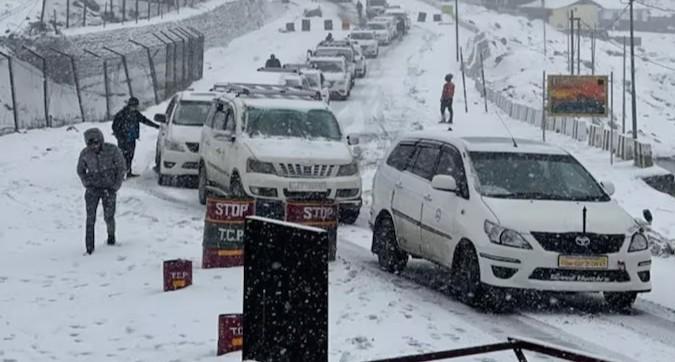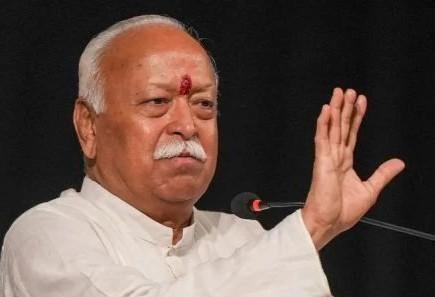
Title: If someone turns to evil then we’ll teach lesson: Bhagwat on J&K attack
In the aftermath of the terrorist attack in Pahalgam, Jammu and Kashmir, RSS chief Mohan Bhagwat has spoken out about the need for India to teach a lesson to those who engage in such acts of violence. While emphasizing the importance of non-violence as India’s religion, Bhagwat also stressed that there is a need to take action against those who seek to harm others.
In an interview, Bhagwat said, “Non-violence is India’s religion, but so is teaching a lesson to oppressors and hooligans.” He emphasized that India has always been a peaceful and tolerant nation, and has never sought to harm or disrespect its neighbors. However, he also acknowledged that there are times when action must be taken to protect the people.
“We never harm or disrespect our neighbors, but if someone is bent on being evil, what is the cure?” Bhagwat asked. “The king’s duty is to protect the people, and he will do his duty,” he added.
Bhagwat’s comments come in the wake of a series of terrorist attacks in Jammu and Kashmir, which have left several people dead and many more injured. The attacks have been condemned by people across the country, and have sparked widespread outrage and anger.
Many have called for the government to take stronger action to address the situation, and to ensure that those responsible for the attacks are brought to justice. Bhagwat’s comments suggest that the RSS is willing to support such efforts, and to work with the government to find a solution to the problem.
However, it’s also important to note that Bhagwat’s words are not without controversy. Some have criticized his comments as being too vague, and as failing to provide a clear plan for addressing the situation. Others have accused him of being too soft on terrorism, and of not doing enough to support the government’s efforts to combat the problem.
Despite these criticisms, Bhagwat’s comments do reflect a sense of frustration and concern that many people in India feel about the situation in Jammu and Kashmir. The attacks have caused widespread fear and anxiety, and have raised important questions about the government’s ability to protect its citizens.
Ultimately, the key to addressing the situation in Jammu and Kashmir will depend on a combination of factors, including the government’s ability to provide effective security, the willingness of the people to work together to find a solution, and the commitment of organizations like the RSS to supporting the government’s efforts.
As Bhagwat’s comments suggest, the RSS is willing to play a role in addressing the situation, and to support the government’s efforts to find a solution. However, it’s also important for the government to take a more proactive and effective approach to addressing the problem, and to work to build a sense of trust and cooperation with the people.
In the end, the key to addressing the situation in Jammu and Kashmir will depend on a combination of factors, including the government’s ability to provide effective security, the willingness of the people to work together to find a solution, and the commitment of organizations like the RSS to supporting the government’s efforts.
It’s also important to note that Bhagwat’s comments are not just limited to the situation in Jammu and Kashmir, but also reflect a broader sense of frustration and concern that many people in India feel about the rise of terrorism and violence in the country. As Bhagwat himself has said, “The king’s duty is to protect the people, and he will do his duty.”
